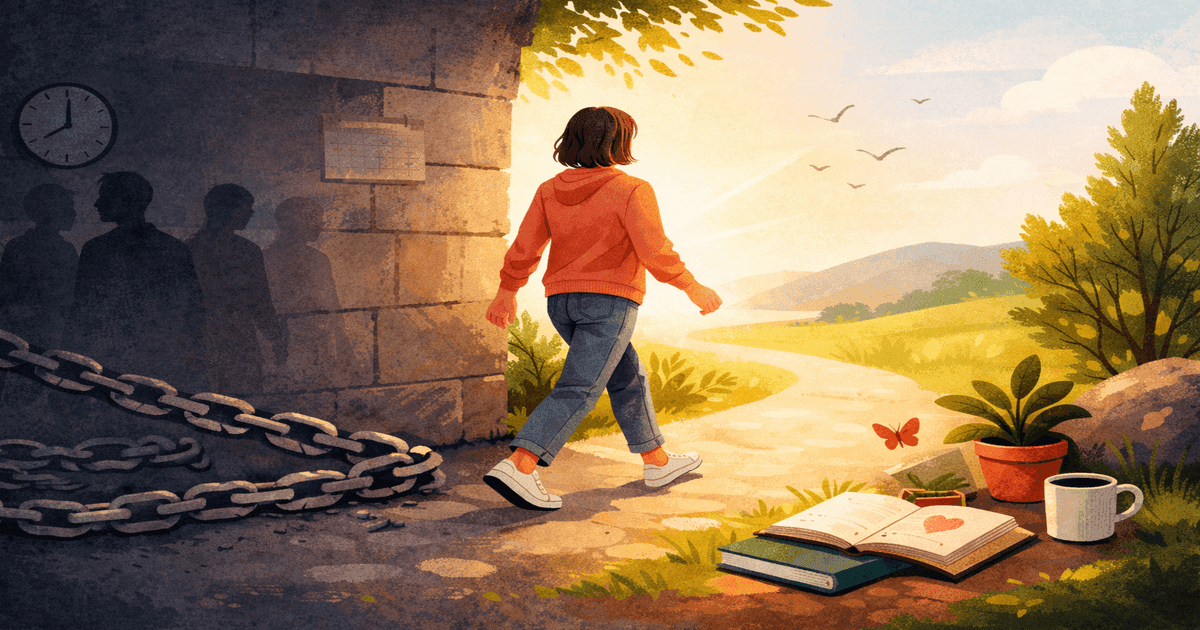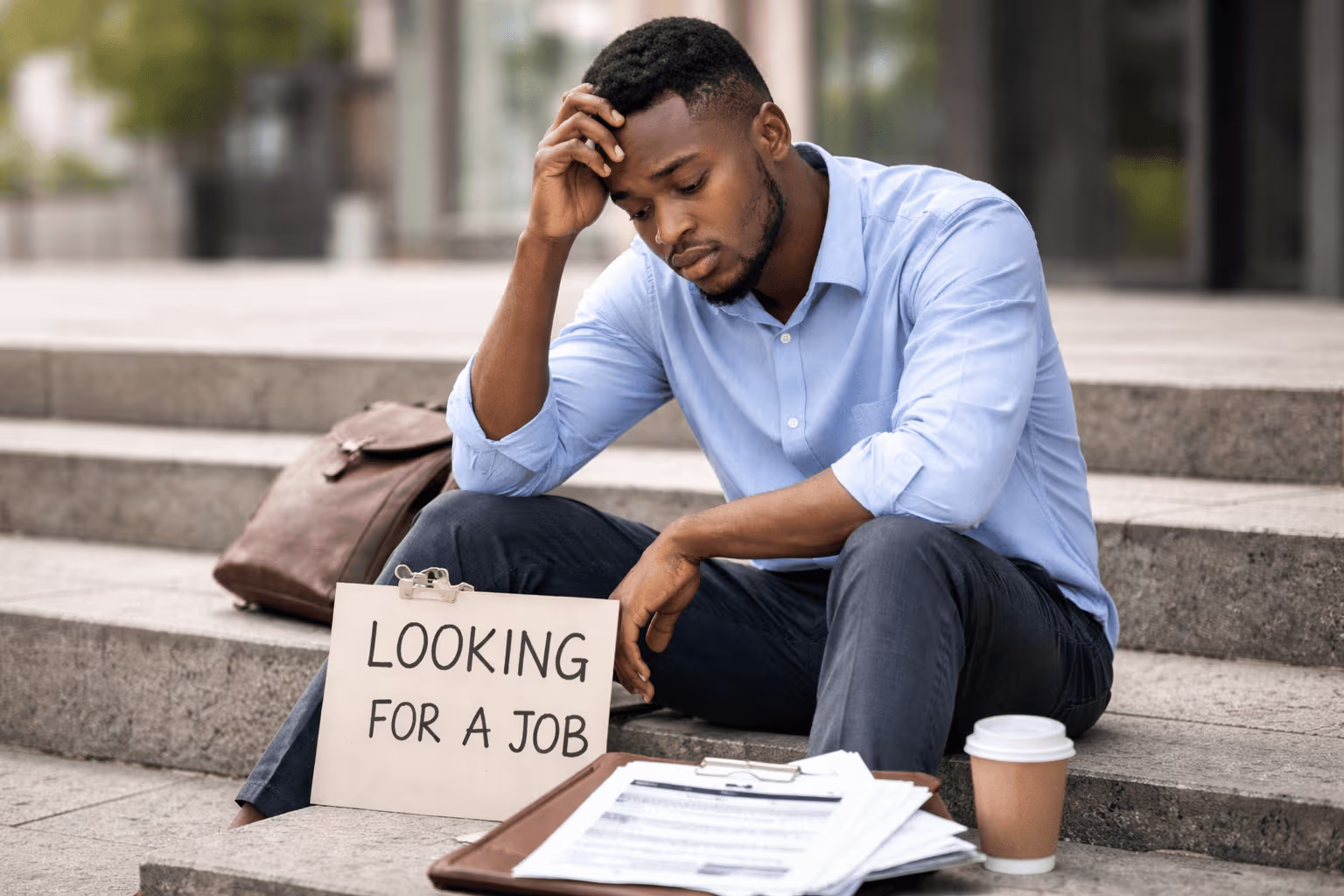Globally, anxiety ranks among the most searched mental health topics, often even higher than depression. Every day, people around the world search for answers that will lead them to healing and emotional balance.
Stress, uncertainty, climate change, financial strain, and social issues have made anxiety one of the most relatable emotional struggles of our time, and this isn’t limited to one region. From Nigeria to the USA, the UK, India, Canada, Australia, and the Philippines, people are asking similar questions that reveal both curiosity and a longing for calm.
Research in the United States shows a steady rise in online searches for words like anxiety, panic attack, and social anxiety. In Nigeria, people are searching for ways to manage worry and fear in the midst of daily hustle. Across the UK and Canada, more people are typing how to stop overthinking and how to calm anxiety at night.
We’ve gathered the most frequently asked questions about anxiety, all in one article to provide simple, relatable answers that can help anyone seeking understanding or relief.
Frequently Asked Questions on Anxiety
What is anxiety?
Anxiety is a feeling of worry, nervousness or unease about something with an uncertain outcome. It’s more than the normal jitters everyone gets sometimes. When it becomes frequent, intense, or starts interfering with daily life, then it may be a sign of an anxiety disorder rather than just stress or worry.
What are the symptoms of anxiety?
Symptoms can differ from one person to another. Some common ones are racing or irregular heartbeat, trembling, shaking or trembling hands, excessive sweating, feeling dizzy, lightheaded or faint, nausea or upset stomach, constant sense of danger or that something bad will happen, tingling or numbness in fingers or lips, difficulty breathing or feeling like you can’t get a full breath.
What is the difference between stress and anxiety?
Stress is a response to external pressure such as work deadlines, family issues, financial concerns. It tends to fade once the pressure is removed. Anxiety usually involves persistent, internal worry. It stays even when the external trigger is gone. Anxiety can feel more diffuse, last longer, affect many areas of life, and sometimes include physical symptoms. Stress can lead to anxiety if not managed, but one doesn’t always lead to the other.
What causes anxiety?
Anxiety comes from many sources. Some are external like work, relationships, financial trouble, trauma. Others are internal like personality, past experiences, how your brain is wired, or even genetics. Sometimes body chemistry plays a part. And often, several of these causes combine together. For example, someone with a genetic predisposition plus ongoing stress is more at risk.
How to calm anxiety immediately?
While you wait for therapy, try slow deep breaths, notice what’s around you, take a short walk, or splash cool water on your face. Talking to someone you trust can also ease the weight a little.
Can anxiety cause physical symptoms?
Yes. It can cause very real physical reactions in the body. Some people feel chest tightness or pain, a racing heart, shortness of breath. Others might get sweaty palms, trembling, nausea, dizziness or lightheadedness. These happen because when anxiety activates the “fight-or-flight” response, hormones like adrenaline rush through your system. Over time, physical symptoms might compound unless the anxiety is addressed.
Why is anxiety worse at night?
Night time often makes anxiety feel heavier because you are busy during the day and there are fewer distractions, but at night you have more quiet and less going on, so worry has room to grow. Also, you’re mentally and physically tired, so you may have less ability to manage intrusive thoughts or worry.
At night, shifting hormone levels and a body winding down for rest can make emotions harder to control, especially when worries about sleep or tomorrow’s tasks creep in.
How to deal with anxiety attacks (panic attacks)?
You don’t have to go through panic attacks alone. We’ve written a detailed piece that explains what panic attacks feel like, what triggers them, and how to regain control when they happen.
How to manage social anxiety?
Social anxiety can make everyday interactions feel like a battlefield, but it doesn’t have to define you. We've broken it down in a full article that helps you understand and manage it better. Read it here
Can anxiety be cured?
Anxiety can be managed and in many cases, it can ease so much that it no longer controls your life. But cure isn’t always the right word because anxiety is also a natural human response. Everyone feels it sometimes; it’s the body’s way of keeping us alert.
What matters is management and understanding. With therapy, lifestyle adjustments, and healthy coping strategies, anxiety can lose its grip. For some people, symptoms disappear entirely. For others, it becomes something they can handle with ease. Healing doesn’t always mean it’s gone forever; sometimes, it means it no longer defines you.



